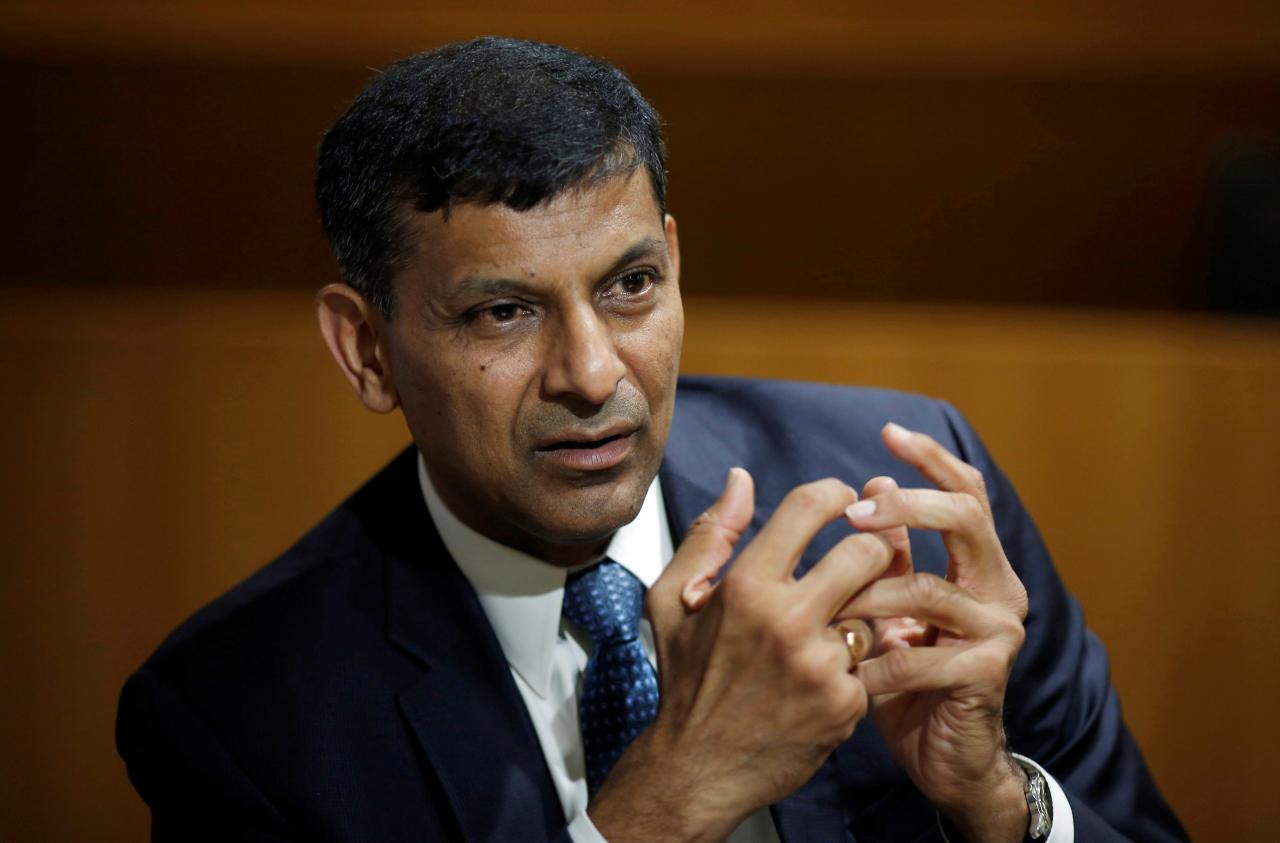
By setting up high-profile EAC, Stalin's message is clear: TN means business

The DMK government, led by Chief Minister M K Stalin in Tamil Nadu, stunned the business world on June 21 with the announcement of an Economic Advisory Council (EAC), including big names like Raghuram Rajan (former RBI Governor) and Arvind Subramanian (former chief economic advisor to the Union government), which the government hopes will help jumpstart the Tamil Nadu economy, create job-oriented growth, hike in GDP and per capita incomes and inclusive development, among other objectives.
Sources in the know told The Federal that the appointment of the EAC with other big names like Nobel laureate Esther Duflo of the Massachusetts Institute of Technology (MIT), the US, development economist Jean Dreze and former Union finance secretary S Narayan, was not a casual move, but the result of deep-rooted thinking of the government as a commitment to implement the Vision Document unveiled by Stalin in March 2021, ahead of the Assembly elections in the state.
Plenty of effort has gone into devising ways and means of getting the Vision Document underway, with the pandemic situation gradually coming under control. The government, therefore, means business now, and wants to kick-start the economy and recover financial stability from the current mess due to the 5 lakh crore debt. The message is clear: Stalin wants to fast-track development.
Tamil Nadu hopes to project itself as a global leader as an investment decision, sources said, adding that the presence of globally well-known experts like Rajan and Subramaniam would place the state on the world map for FDIs and manufacturing hubs. With a strong ecosystem in manufacturing and an equally good foundation in the human resource base especially in IT, chartered accountancy and entrepreneurial skills, Stalin hopes to tap NRIs and prime movers of the economy across the world. The idea is to project TN as an investment-friendly destination, and forward-looking state.
Also read: The strong political and economic messages from Stalin’s Delhi visit
Bring eminent economists like Raghuram Rajan and Arvind Subramaniam in the EAC is seen as a big catch by the Tamil Nadu Government at a time when the BJP-led NDA government had serious differences with them [ and they had to resign] which meant that the country could not utilise their services and skills. Stalin has pulled off a coup of sorts by bringing them on board in the EAC which could catapult the image of Brand Tamil Nadu globally, especially in key financial and business circles of the world.
Many doors in the world would open for the TN government as it would showcase the presence of Rajan and Subramaniam, and try to convert that goodwill into tangible benefits for the State, the government hopes.
Also read: Finances, GDP, ease of business priorities of DMK govt: Finance minister
The state’s financial position is in a crisis, saddled with 5 lakh crore debt created by the previous AIADMK government.
The committee is expected to suggest ways and means of stepping up revenue mobilisation, ensuring a greater share of taxes from the Centre, besides taking up key areas to meet targets like growth, employment and productivity across all sectors, as well as act as a sounding board for ideas that might resolve roadblocks to development.
Stalin’s 10-year vision statement for Tamil Nadu covers economy, agriculture, water resources, education and health, urban development, rural infrastructure and social justice and sets targets in these areas. The DMK government will strive to achieve double-digit economic growth and create a million jobs every year. In agriculture, it aims to put the state among the top three in the production of food grains, coconut, sugar, cotton and sunflower.
Also read: One month of MK Stalin: Hands-on CM breaking new ground?
It will enhance spend on education and healthcare three-fold, offer ₹1,000 per month to housewives listed as head of the household in the ration card, and double scholarship for SC/ST students. Efforts will be made for water connection to rural households, robust road and drainage systems, eradication of poverty, increase in the area of double-crop cultivation from 10 lakh acre to 20 lakh acres, making the state top in the production of foodgrains, coconut, cotton, and sunflower, 20 lakh concrete houses and broadband connectivity in all Tamil Nadu villages.
The state has not merely got an opportunity to bring on board two top experts in Rajan and Subramaniam, the gains are multiplied several times over as they hail from Tamil Nadu and therefore bring to bear their own exposure and exposure here, besides the possibility of their active involvement in the process. The last factor is considered to be extremely significant as both of them would like to do something lasting for their home state. In that sense, Stalin has made a smart move, rather an excellent catch, though the development may not please Narendra Modi and company, in New Delhi.
The Centre’s loss is Tamil Nadu’s gain.

